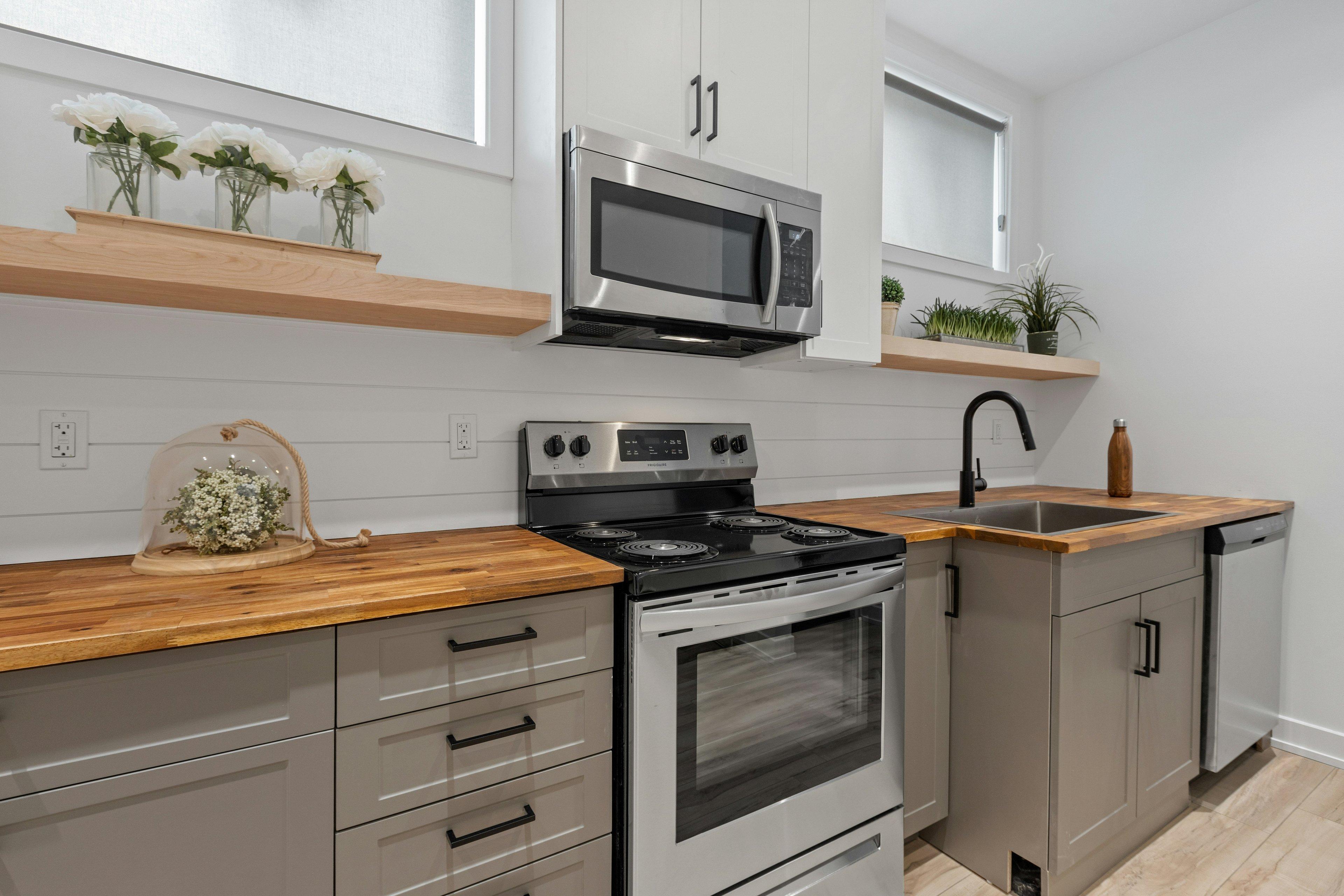Review
Why Is My Ice Maker Making Noise?
AZparts Team
Updated on March 28, 2025
4 min read
If your ice maker is making unusual noises, it could indicate a problem with its components or simply be a normal part of its operation. Ice makers have mechanical and electrical parts that can produce various sounds, from humming and clicking to grinding and banging. Understanding the type of noise and its potential cause can help you troubleshoot the issue effectively.

1. Normal Operating Sounds
Before assuming something is wrong, it's important to recognize that some noises are part of normal ice maker operation:
- Buzzing or Humming: This occurs when the water valve opens to fill the ice mold.
- Clicking: The sound of the ice maker’s internal components engaging, such as the thermostat or ejector arms.
- Cracking or Popping: Ice expanding and contracting within the mold, particularly in freezer-based models.
- Rattling: This may come from the water line vibrating against the back of the appliance.
2. Loud Banging or Knocking
If your ice maker is making a loud banging or knocking noise, it could be due to:
- Water Hammer Effect: When water abruptly stops flowing due to a sudden shutoff, it can create a knocking sound in the pipes.
- Ice Blockages: If ice has built up around moving parts, it can cause the ice maker to make loud, jarring sounds.
- Faulty Ejector Blades: The ejector blades push ice out of the mold, and if they’re obstructed, they may cause knocking.
Solution:
- Check for ice buildup and remove any excess ice.
- Install a water hammer arrestor if you suspect a water pressure issue.
- Inspect the ejector blades and remove any obstructions.
3. Grinding or Screeching Sounds
A grinding or screeching noise could indicate:
- A Faulty Motor: Over time, the motor in the ice maker can wear out, leading to friction between components.
- Lack of Lubrication: Some ice makers use gears and bearings that may require occasional lubrication.
- Obstructed Gears: Ice or debris stuck in the moving parts can cause a grinding noise.
Solution:
- Turn off the ice maker and inspect the gears for debris.
- If the motor is failing, replacing the ice maker module may be necessary.
- Apply food-grade lubricant if your model permits it.
4. Constant Clicking or Ticking
If you hear persistent clicking or ticking, possible causes include:
- Faulty Water Valve: A defective or clogged water inlet valve may struggle to open or close properly.
- Low Water Pressure: If water flow is insufficient, the valve may repeatedly open and close, causing clicking.
- Electrical Relay Issues: Some ice makers have relays that click when switching between functions.
Solution:
- Check the water supply and ensure it meets the recommended pressure (20–120 psi).
- Replace a faulty water inlet valve.
- If clicking persists, consult a technician for electrical troubleshooting.
5. Hissing or Sizzling
Hissing or sizzling noises may indicate:
- Water Dripping onto a Heater Element: Many ice makers have a small heater to loosen the ice before ejection. When water drips onto the heater, it can produce a sizzling sound.
- Refrigerant Flow: In some models, refrigerant expansion can create a faint hissing noise.
Solution:
- Ensure the ice maker is level to prevent excess water spillage.
- If the noise is from refrigerant flow, this is normal and does not require intervention.
6. Vibrations or Rattling
A rattling sound can originate from:
- Loose Water Lines: If the water line is not secured properly, it can vibrate against the appliance.
- Ice Maker Components: Loose parts or panels can create vibrations.
- Compressor Noise: Some refrigerators produce vibrations when the compressor cycles on and off.
Solution:
- Secure the water line to minimize movement.
- Tighten any loose screws or components within the ice maker.
- If the compressor is unusually loud, consider professional inspection.
7. Excessive Noise After Recent Installation
If your ice maker has started making loud noises after installation, the issue may be related to:
Improper Leveling: If the refrigerator or ice maker is not level, it can create unusual vibrations.
Trapped Air in Water Lines: Air pockets can cause sputtering or knocking sounds as they clear.
Solution:
- Adjust the refrigerator or ice maker’s leveling feet.
- Run several cycles to purge air from the system.
Conclusion
An ice maker can produce a variety of sounds, some of which are normal and others that indicate potential problems. By identifying the type of noise and its cause, you can take the appropriate steps to fix the issue. Regular maintenance, such as checking for blockages, securing water lines, and inspecting mechanical components, can help keep your ice maker running smoothly and quietly.
TroubleshootingIce maker
Further Reading
Further Reading

_1741917223.jpg&w=3840&q=75)



